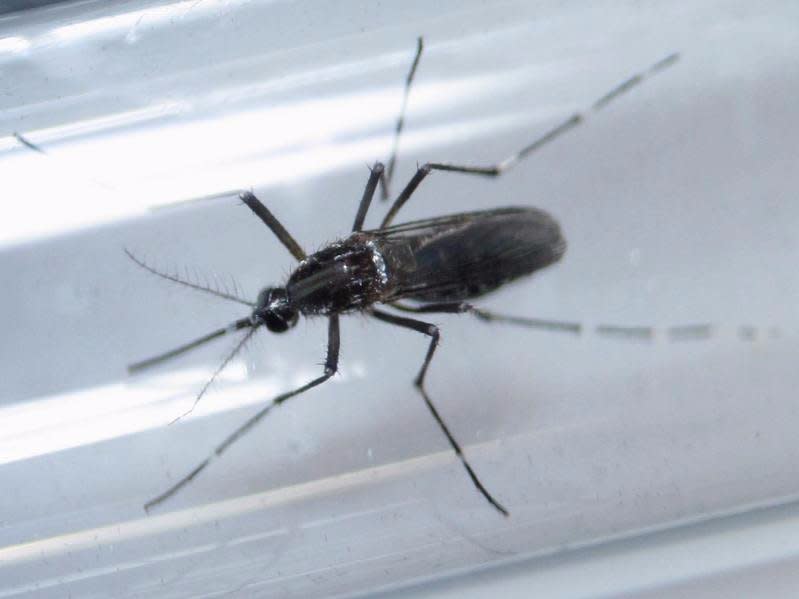Here's why it's so hard to know if you have Zika

Thomson Reuters
Zika virus has gained an increasing foothold across the Americas and Pacific islands.
The virus, which is transmitted mainly via mosquitoes, is part of a group of viruses called "flavivirus." It's closely related to other mosquito-borne infections, including dengue, West Nile, and yellow fever. They're geographically in similar areas, and they also have many of the same symptoms.
But because it's so similar to these other viruses, it makes Zika seriously difficult to test for. In a report released Tuesday from the CDC, the agency noted that the antibody test used to diagnose Zika is difficult to read because of "cross-reactivity" with other flaviviruses. That "can preclude identification of the specific infecting virus, especially when the person previously was infected with or vaccinated against a related flavivirus," the CDC noted.
That led the agency to recommend a conservative approach to using a type of test called a plaque reduction neutralizing test (PRNT). That way, the test can be more closely checked to make sure it's not a false-positive for Zika when it was in fact another flavivirus like dengue and those infected can be treated and monitored in the appropriate way.
Once infected with Zika, only about 20% of people ever show symptoms of the virus, which most commonly include fever, rash, joint pain, and red eyes.
There is no vaccine or treatment available for the virus. One reason Zika is troubling is because it is a cause of birth defects including microcephaly (a condition where the baby's head is abnormally small) in babies whose mothers have had Zika. The virus also been linked to a neurological condition called Guillain-Barré Syndrome.
NOW WATCH: CDC on Zika virus: It's 'scarier than we initially thought'
See Also:

 Yahoo Finance
Yahoo Finance 
